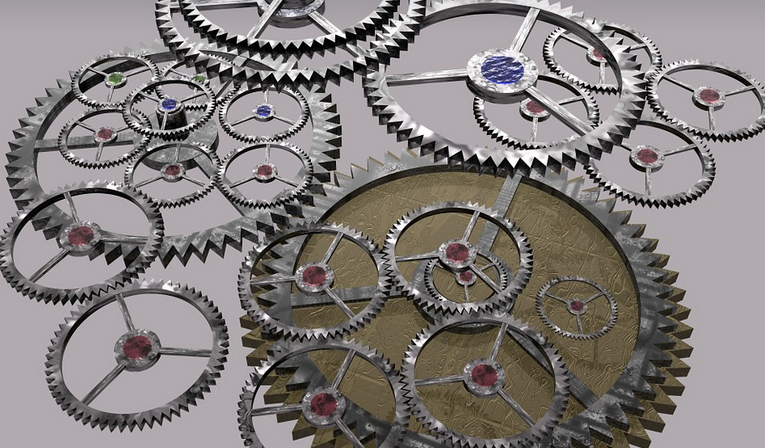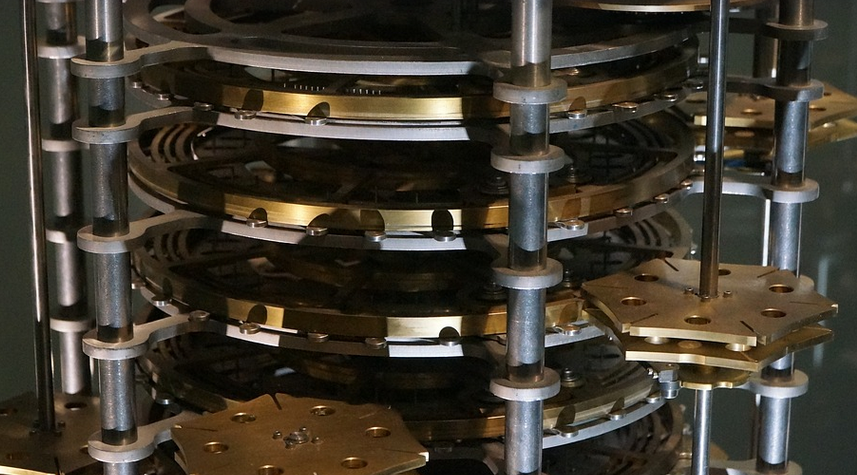The Rise of Short-Form Video and its Impact on Confidence
So, you’ve probably heard the buzz about TikTok. It’s a global phenomenon that’s swept teenagers and even adults off their feet with its addictive videos and creative challenges. But beyond the fun and entertainment, a growing body of research is exploring something crucial: how this platform impacts our self-esteem.
TikTok, like any social media platform, thrives on visual content and short bursts of attention. We curate our perfect lives showcasing dance routines, makeup tutorials, or even just funny moments with friends. This curated world can feel pretty dazzling, making us crave that same spotlight on ourselves. However, the pressure to present a certain image, often called “performativity,” might have a hidden cost: influencing self-esteem.
Think about it this way – we’re bombarded with perfectly edited videos of others achieving seemingly effortless success and even happiness. From influencer campaigns to everyday lives being streamed online, the constant comparison can trigger feelings of inadequacy and dissatisfaction.
This phenomenon isn’t unique to TikTok; it plays out across various social media platforms. The more we compare ourselves to others, the more this negative self-talk creeps in. We start questioning our worth based on likes, shares, or even just the opinions of a few people online.
But the research goes deeper than just comparing ourselves to others. There’s also evidence pointing towards how TikTok might directly influence our body image and confidence – specifically for young girls.
It all boils down to this: a constant stream of edited videos often depicting unrealistic beauty standards can trigger negative self-perception, leading to anxiety around our own appearance. TikTok’s algorithms seem to play a role here too, showing us content that aligns with what *we* think we’re supposed to want – which might lead to more curated and filtered versions of ourselves.
The impact on body image can be particularly strong for adolescents who are still navigating their physical self and developing their sense of identity. These early years are crucial, as they lay the foundation for how we perceive our bodies and ourselves in the world. This is where TikTok’s influence becomes a critical consideration.
But don’t get me wrong, TikTok isn’t an all-out culprit for low self-esteem; it’s just one of many factors at play. The real impact comes down to our individual responses and how we navigate this social media landscape.
So, what can we do? Well, it starts with being aware – not only about the influence TikTok has on us but also about the pressure it puts on us to follow a certain narrative of “perfect” life and beauty. We need to remember that real-life is messy, and our worth doesn’t hinge on likes or shares.
It’s important to practice self-care – be it through reading a book, spending time with loved ones, or indulging in activities we love. This can help us unplug from the constant stream of videos and connect with ourselves more deeply. Remember, true confidence comes from within; not from how many likes you get on TikTok.
And finally, let’s reclaim our space online – create content that empowers us, not just those edited-to-perfection filters we see everywhere. Let’s challenge the status quo and redefine what “perfect” really means in a world where everyone is trying to be someone else.
Remember, real connection and self-acceptance are far more valuable than any fleeting likes or followers. So let’s embrace authenticity, celebrate diversity, and use TikTok as a platform for genuine expression – not just about creating content, but about creating our own unique narratives that reflect what makes us feel good inside.
Let me know your thoughts on this, what do you think?


